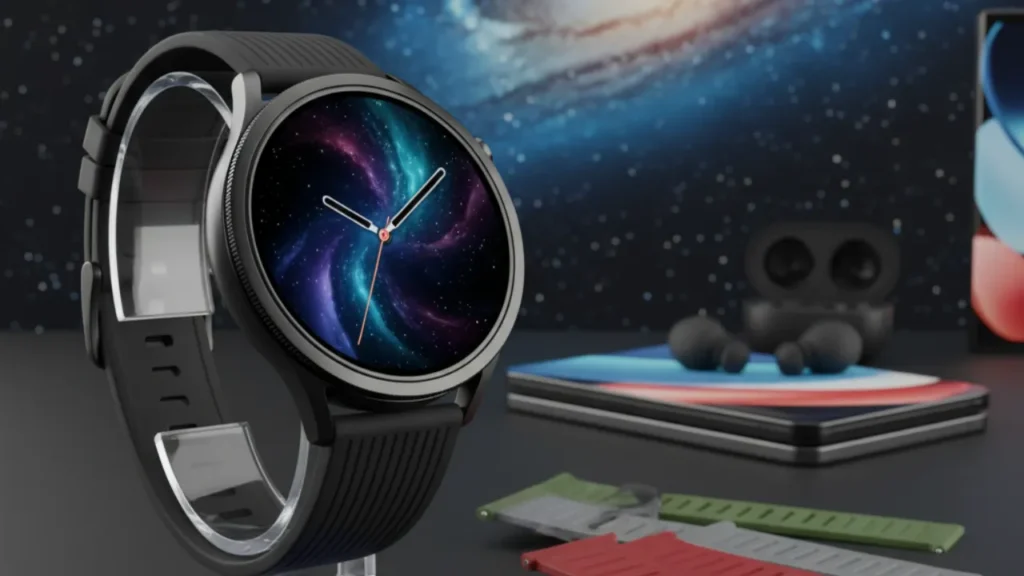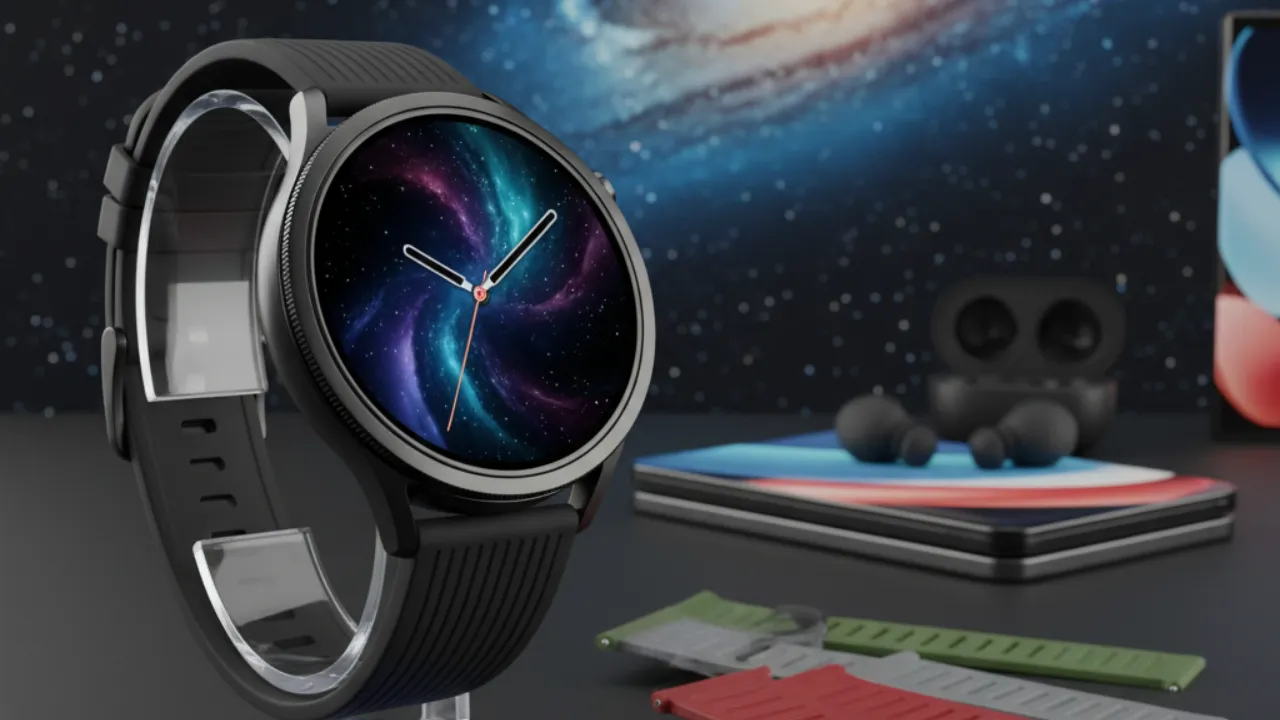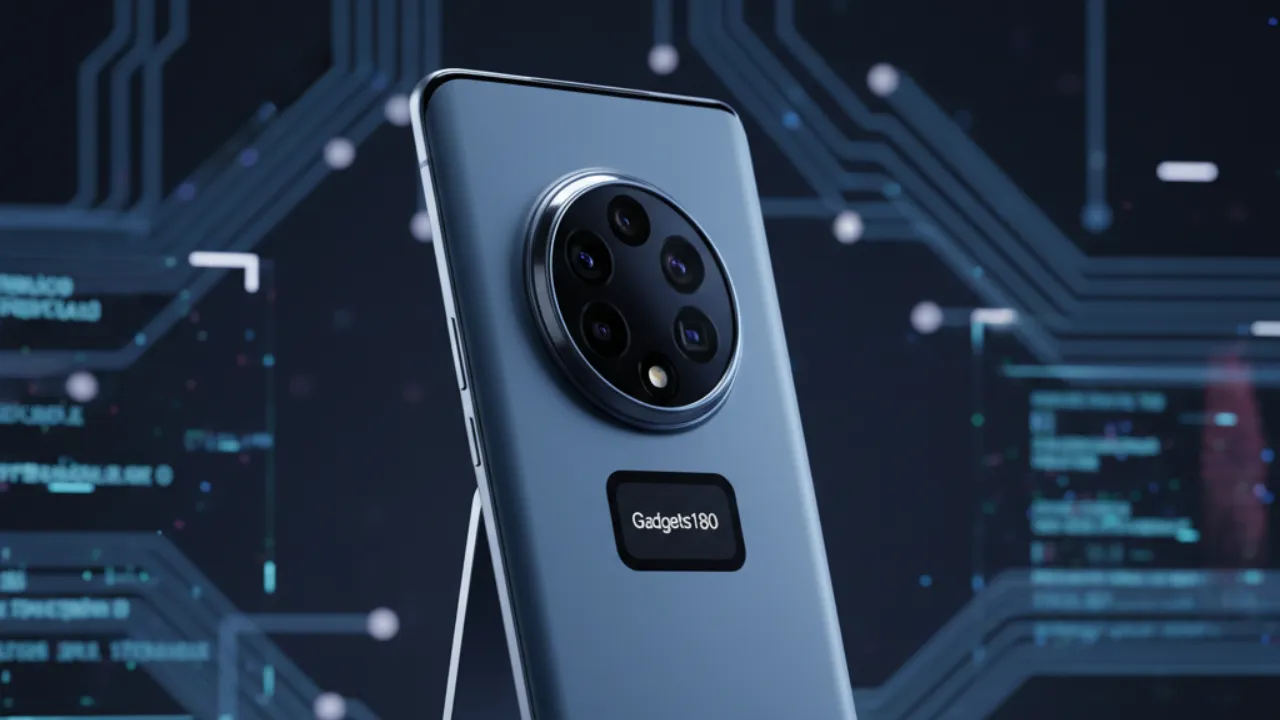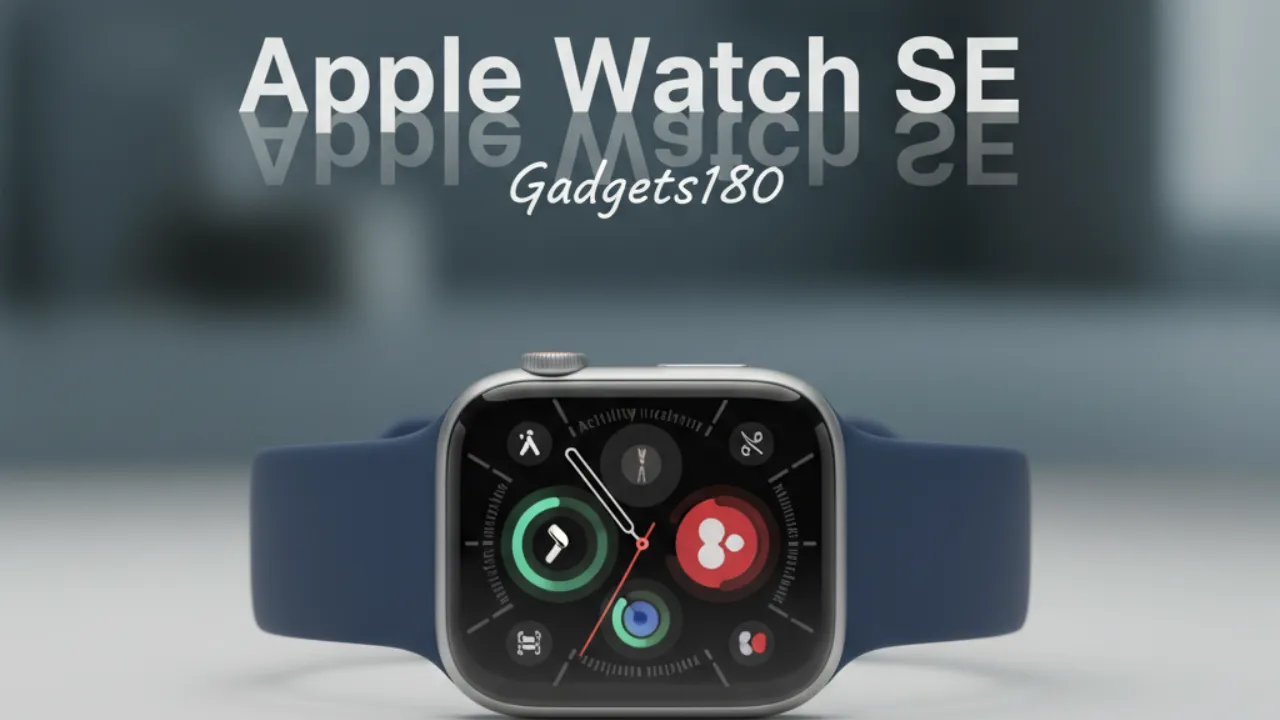Samsung is taking another major step in health technology innovation with its Galaxy Watch 8 series, introducing an industry-first antioxidant index — a tool that bridges the gap between traditional medical analysis and consumer-grade health tracking.
After several years of dedicated R&D, Samsung claims that this new feature will bring lab-level insights to users’ wrists, allowing them to monitor their nutrition and oxidative stress levels more accurately than ever before.

What Is the Antioxidant Index?
The antioxidant index is a groundbreaking addition to Samsung’s wellness ecosystem. Traditionally used in laboratories for clinical analysis, this index helps measure how well the body can fight oxidative stress — a key factor linked to aging, fatigue, and various health conditions.
By integrating it into the Galaxy Watch 8, Samsung enables users to get a real-time estimate of their antioxidant status, helping them make informed lifestyle and dietary choices.
How It Works
Samsung has built specialised sensors into the Watch 8 hardware that can be unlocked via a software update. These sensors collect relevant biomarker data and run them through Samsung’s proprietary algorithm to calculate the antioxidant index.
The readings are then synced with Samsung Health, which combines this information with other key indicators like heart rate, sleep quality, stress levels, and body composition. This holistic integration gives users a detailed snapshot of their overall wellness and helps them tailor their nutrition plans, meal timing, and fitness routines.
The Broader Vision: A Smarter, Connected Health Ecosystem
Samsung’s long-term goal is to make its wearables more than just activity trackers. With the antioxidant index, the company aims to position the Galaxy Watch 8 as a personalised health companion.
This tool has been in development since 2018, part of Samsung’s broader strategy to compete with Apple’s health-focused ecosystem. While Apple continues to lead with features like ECG, SpO₂, and temperature tracking, Samsung’s antioxidant tool gives it a unique differentiator in the market — one that could appeal to users who want deeper insights into their nutrition and internal health.
Health professionals have often been cautious about the accuracy of smartwatch health metrics, but as Apple and Samsung improve data precision through advanced sensors and AI-based analysis, these devices are becoming more reliable in offering preventive health insights.
Availability and Compatibility
Samsung has confirmed that the antioxidant index will debut exclusively on the Galaxy Watch 8 series, with availability expected to expand in upcoming software updates.
However, users of previous models such as the Galaxy Watch 7 and Watch 6 may also benefit from partial support if the hardware proves compatible. Samsung has not yet confirmed whether the feature will reach older models, but the company has historically rolled out limited updates to ensure backward compatibility across its ecosystem.
Why It Matters
The antioxidant index could be a game-changer in personal health tracking. By providing a quantifiable measure of nutrition and oxidative balance, users can better understand how their diet, exercise, and stress impact their body’s resilience.
In a world where wellness is increasingly data-driven, Samsung’s latest innovation pushes the boundaries of what wearables can achieve — turning a simple wristwatch into a miniature health lab that promotes smarter, healthier living.
With the Galaxy Watch 8 series, Samsung isn’t just competing — it’s redefining how wearable technology can empower users to take control of their health in a truly measurable way.






